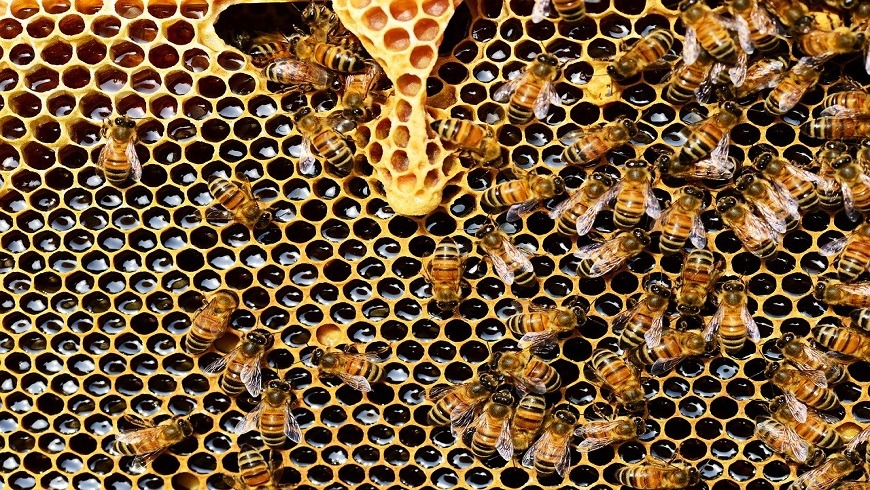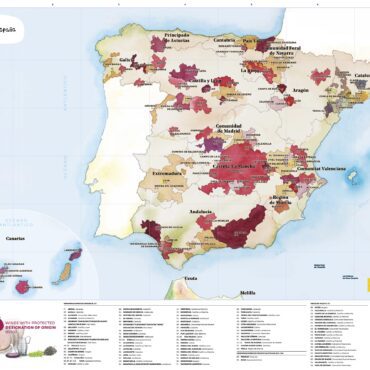-
 play_arrow
play_arrow
BayRadio Listen Live Broadcasting in Spain


A huge swarm of 150,000 bees has appeared in a nunnery in Granada. The nuns of the place have been shocked after discovering the amount of bees that housed the place. It was inside a facade and walls. It invaded a whole room, windows and ceiling. The Healing Hive, an association dedicated to saving these insects altruistically will be responsible for emptying the wall of the convent.
The beekeeper Sergio Guerrero is already in place, will take the hive to its natural habitat and has indicated that it could take between four and five years there. The nuns could not use the areas near the swarm. The garden area, where there is a swimming pool, was inaccessible because of the huge number of bees that were there. The beekeeper claims that the bees “had set up a cottage”.
“A very large hive is scary to see,” explained one of the residents of the nunnery of Granada. Guerrero states that “between 150,000 and 180,000 individuals are in the hive”. He has shown what it’s like to move the swarm somewhere else. ” We are measuring the box that is being cut and then we are going to get inside the hive and this is how we are going to take it,” he explained.
The residents of the nunnery of Granada did not believe the immense volume of bees that lived with them. The beekeeper has nuanced that “this happens more and more because bees find fewer tree trunks to form their hives”. ” We are dedicated to saving bees and we do it altruistically because removing such swarms costs a lot of money. So we offer an alternative so people don’t choose to fumigate or set them on fire,” he added.
Since ‘Greenpeace’ they claim that bees are much more important than we all think. They stress that global production and terrestrial biodiversity depend heavily on pollination, a process that is responsible for insects such as bees, a group that is decreasing over time. A report by the Intergovernmental Platform on Biodiversity and Ecosystem Services (IPBES) details that 40% of invertebrate pollinators face extinction.
Written by: BayRadio News
Similar posts
Recent Posts
- Robotic Surgery for Prostate Cancer: What Is Radical Prostatectomy and How Does the Da Vinci Robot Improve It
- What Is Fibromyalgia? Symptoms and Treatments of an Invisible Illness That Requires Specialized Attention
- AMASVISTA Glass: 10 reasons to choose SUNFLEX glass curtains
- Robotic Surgery, Immunotherapy and Comprehensive Care Take Centre Stage at Pancreatic Cancer Conference at Quirónsalud Torrevieja
- Robotic Surgery Against Ovarian Cancer: Greater Precision, Less Pain and Faster Recovery

Ctra. Cabo La Nao, CC La Nao, Local 6 03730 Javea, Alicante, Spain
Advertise with us
Do you have a business in Spain? Do you provide a service to the expat community in Spain? Would you like your message to reach over 500.000 people on a weekly basis?
BayRadio is a community orientated radio station offering fantastic content to our many listeners and followers across our various platforms. Contact us now and find out what Bay can do for you!
Our business is helping your business grow.
BAY RADIO S.L. © 2024. ALL RIGHTS RESERVED. WEB DESIGN BY MEDIANIC







